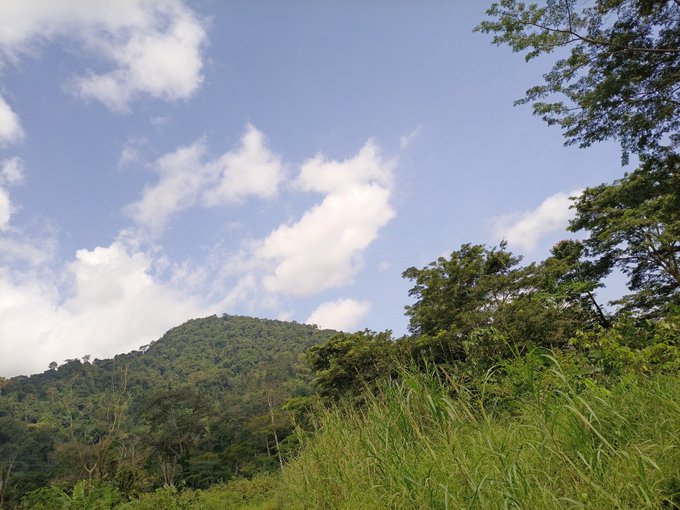|
Getting your Trinity Audio player ready...
|
The recently inaugurated Zimbabwe Carbon Association, representing many of the major investments in carbon project development in the country, welcomes the Government of Zimbabwe’s effort to bring transparency and accountability to carbon trading in the country and position Zimbabwe as a credible, attractive destination for green financing.
The Zimbabwe Carbon Credit Framework, which the Government publicly released in April, outlines the country’s plan to oversee carbon projects participating in both the compliance and the voluntary carbon markets. Whilst the development of a local compliance market will take some time, there are already several players investing in local voluntary carbon market projects under internationally accepted standards, such as Verra and The Gold Standard.
The Voluntary Carbon Markets allow international companies to buy carbon credits as a way of offsetting their emissions and improving their brand visibility. It allows them to share a positive story with their customers on how they are contributing to the reduction in greenhouse gas emissions and improving the lives of those worst impacted. In this competitive market, projects need to meet high thresholds of integrity and transparency in order to give buyers the confidence required to trust that the emission reduction or sequestration has happened. Investors in such projects come from a range of sectors, with many seeking a financial reward for taking upfront risks in carrying out mitigation activities.
Zimbabwe’s natural ecosystems are a hugely valuable national resource. The country is endowed with large intact woodlands, savannahs, and wetlands that provide essential services to our people, such as clean air and water, pollination, and healthy soils. These ecosystems are a vital buffer that protects Zimbabweans from the worst effects of climate change. Unfortunately, the destruction of these fragile systems has accelerated in recent years as Zimbabweans from all walks of life exploit the country’s natural resources in search of short-term prosperity. This has rapidly reduced the country’s resilience to changes in weather patterns, and as a semi-arid country largely reliant on rainfed agriculture, this is a national emergency. Zimbabwe needs to attract billions of dollars of investment in climate mitigation activities over the medium term.
While Zimbabwe has committed under the Paris Climate Agreement’s National Determined Contribution to reduce its carbon footprint by 40% by 2030, the country has yet to leverage the green finances needed to enact the steps to reach this ambitious goal. As the country already grapples with the impact of global warming, attracting investment in emission reduction projects offers one way to raise this urgently needed capital and deliver scalable and concrete action to mitigate and adapt to climate change.
The Zimbabwe Carbon Association, with a membership representing 13 organisations working in five emission sectors, (including, forestry, clean energy, agriculture, and safe water provision) with over $100 million dollars of planned investment, is committed to working with the government to develop an enabling regulatory environment that will drive investment in climate mitigation and adaption activities.
“As an organization with a growing membership of companies and not-for-profits committed to Zimbabwe’s climate agenda, we have a stake in the country’s reputation in the global carbon trading market”, said Nick De Swardt, Chairperson of the Zimbabwe Carbon Association, “This means demonstrating to those involved in the carbon trading market that Zimbabwe is home to projects that have solid technical skills and expertise to meet the agreed verification standards, can work hand in hand with local communities as equal partners and prove that the finance is invested in concrete results to reduce carbon emissions.”
The Association is ready to work with the Government and stakeholders to establish a well-regulated, transparent, and equitable carbon trade market that has the potential to drive huge investments in delivering climate mitigation solutions. This will also support ongoing climate change awareness and capacity-building efforts in mitigation strategies across vulnerable sectors such as agriculture.
“From our accumulated experience in the sector, the association is aware that establishing the institutional infrastructure envisaged in the framework will require coordination with trusted and respected international bodies in carbon verification and trading systems so as to establish confidence and bring much-needed finance to the country,” said De Swardt.
“This means stakeholder consultation, effective communication, and developing the right mix of financial incentives to drive larger upfront investment in building scalable, ambitious, and credible projects.”






